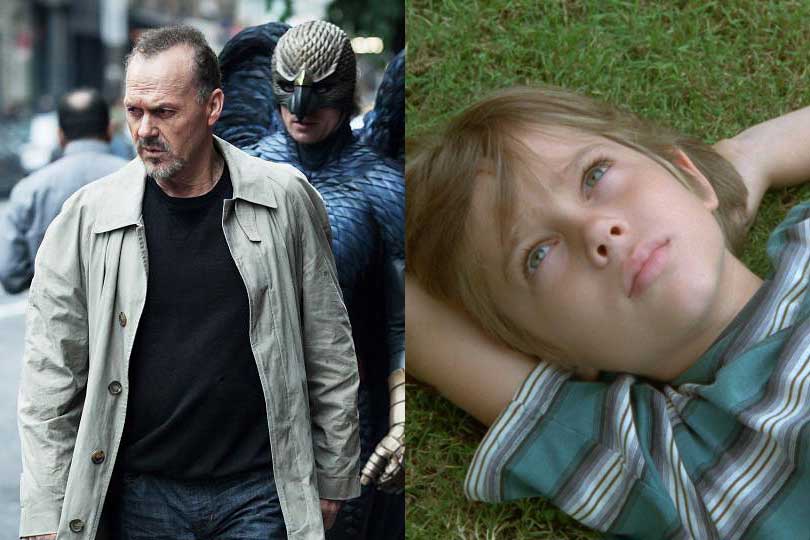
It should come as no surprise that Boyhood and Birdman are the frontrunners in the Best Picture Oscar race. Each film took an exciting risk: the former captured an actual childhood by filming over the course of 12 years, while the latter told its frenetic tale in what looked like one long tracking shot. They must feel like a breath of fresh air to Academy voters who, year after year, choose from among several grueling and formulaic prestige films.
But don’t count Birdman’s eggs before they hatch. Bubbling up under the excitement for Birdman and Boyhood are complaints that both films felt too “gimmicky.”
The argument goes something like this: If Birdman and Boyhood are more interesting than the other Oscar films—which retread classic but tired themes like the good war, or the tortured genius—it’s because they cheated. Compared to The Theory of Everything and The Imitation Game, these films feel inventive, daring and masterful. But the voters who are dazzled by these cinematic tricks may not be looking past them.
And as the Oscars approach, the detractors of Boyhood and Birdman are only getting louder. The Hollywood Reporter recently published a brutally honest Oscar ballot in which one voter declared she was voting for The Imitation Game because she wanted to pick a film people would still watch and discuss 50 years from now.
This was widely criticized on Twitter, and it’s worth noting that this single member of the Academy in no way reflects the views of the Academy as a whole. Still, at least one voter believes that the achievements of directors Richard Linklater or Alejandro González Iñárritu in Boyhood and Birdman, respectively, are nothing more than sleight of hand.
This voter’s attitude might explain why year after year, the same type of films seem to win Oscars. There have been actual studies conducted on this topic: an analysis conducted by two sociologists at UCLA of 3,000 movies on the Internet Movie Database (IMDb) released between 1985 and 2009 found that war movies, historical epics and biographies were the movies most likely to earn Oscar nominations. (You know, like The Imitation Game, Theory of Everything, American Sniper and Selma.) Other key topics for Oscar-bait films included political intrigue, disabilities and war crimes.
MORE The True Story of The Imitation Game
Oscar movies are so formulaic that last year TIME was able to create a shockingly accurate Oscar movie generator by throwing together random tropes from award-winning films. (Try this: in the 1800s, a bipolar, closeted anti-hero confronts mental illness through classical music.)
Diverging from this tried and true method can be risky. This is especially true for both Birdman and Boyhood — films that commit to their conceits in a way that other movies haven’t before. Linklater has experimented with the passage of time with his Before movies, and Birdman cinematographer Emmanuel Lubezki made his name with an infamous tracking shot in Children of Men in 2006. But these two Oscar contenders take those small tricks and turn them into the bases for entire films.
Audiences and critics seem to agree that Birdman and Boyhood both transcend their gimmicks, embracing Boyhood in particular as an accomplished cinematic work that captures time with a patience no fictional film has done before. Birdman‘s exhaustingly fast pace, beating drums and swerving camera have proven more divisive with viewers, but its wins at the Golden Globes and SAGs have proven that more Hollywood insiders seem to love it than hate it.
Still, both films have support. If the Oscar voters end up running more conservative with their tastes this year, a struggling British genius could easily win—again.
Read next: What Happened at the First-Ever Oscars
Academy Awards: Classic Film Stars With Their Oscars
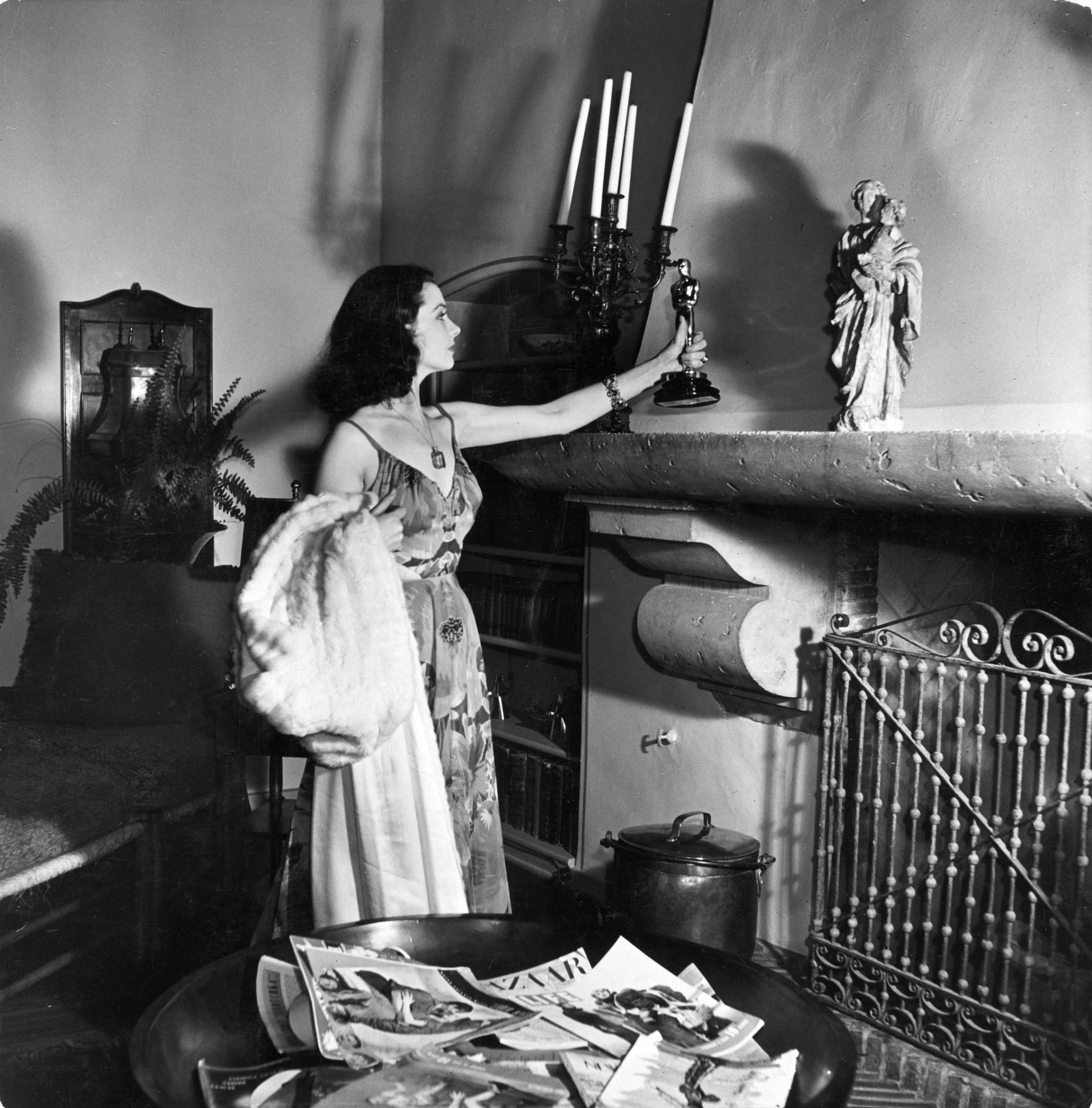
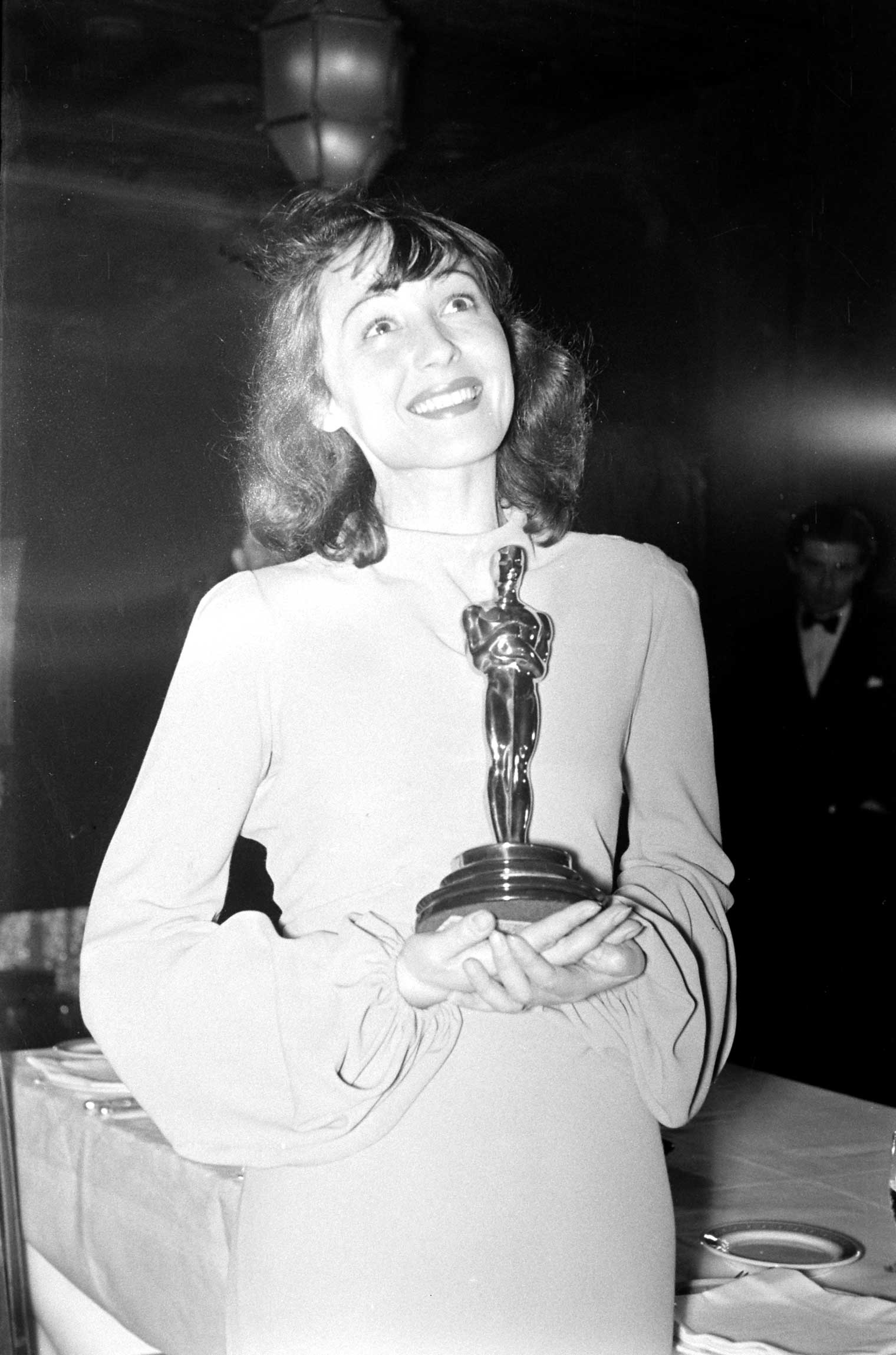
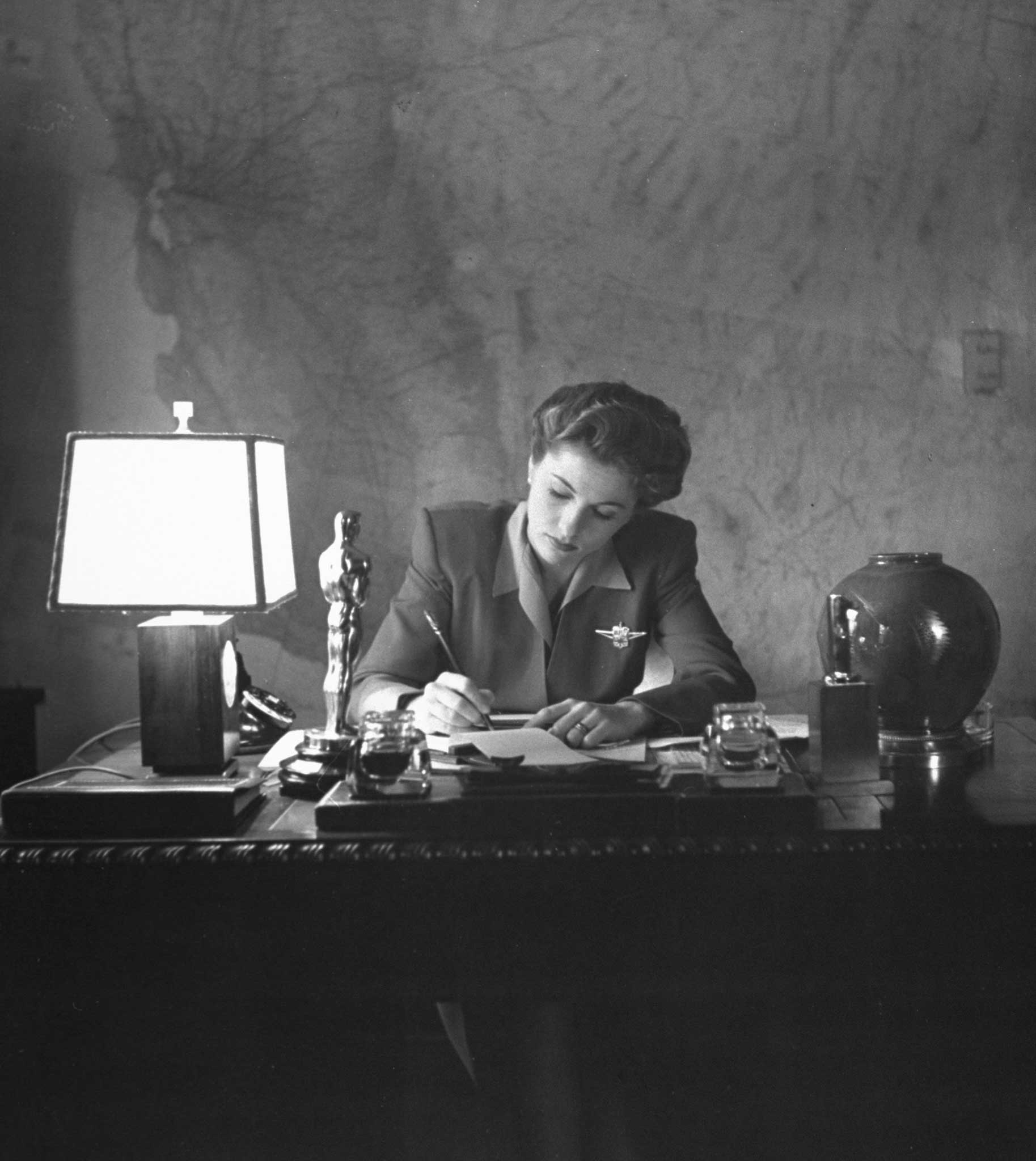
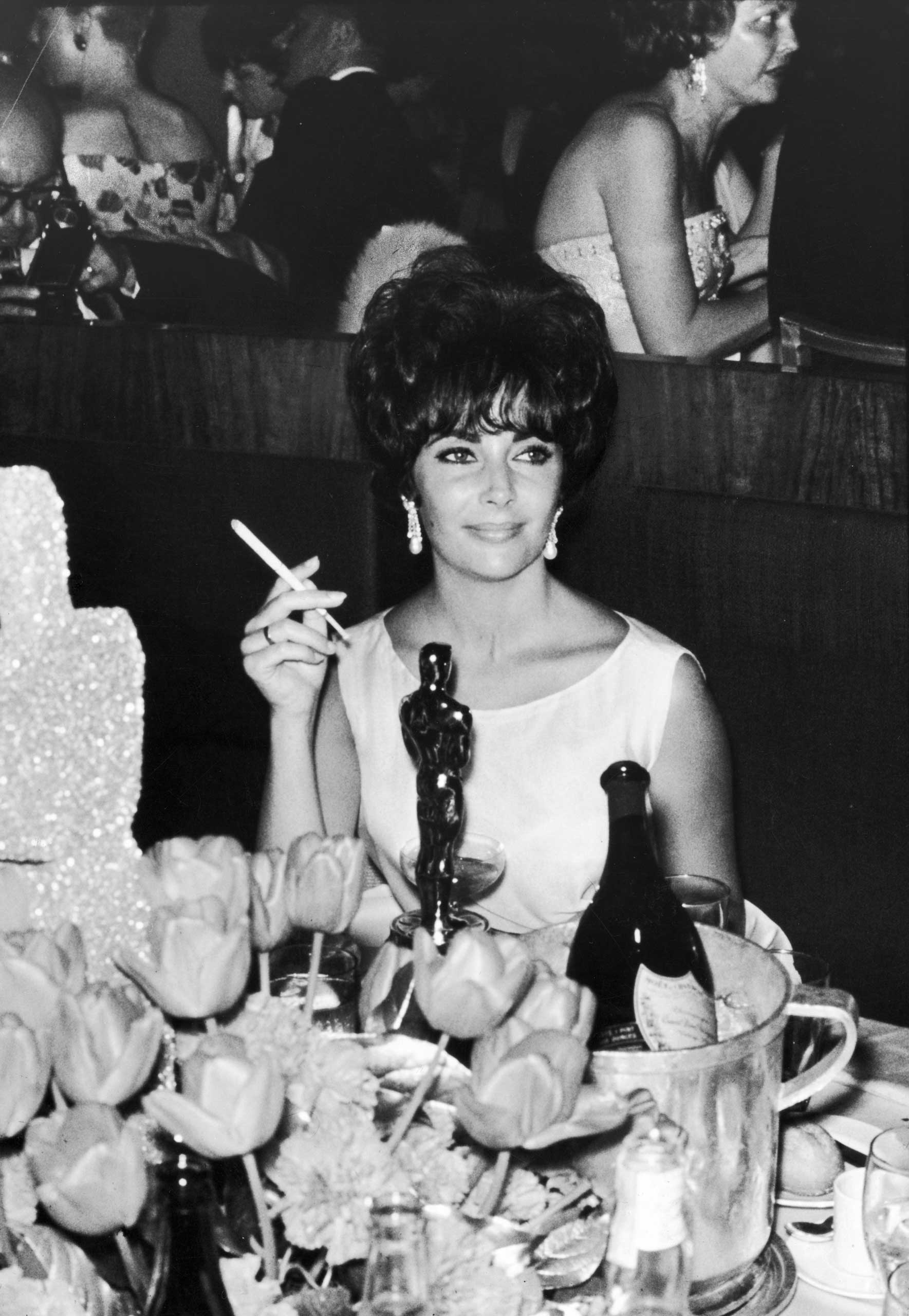
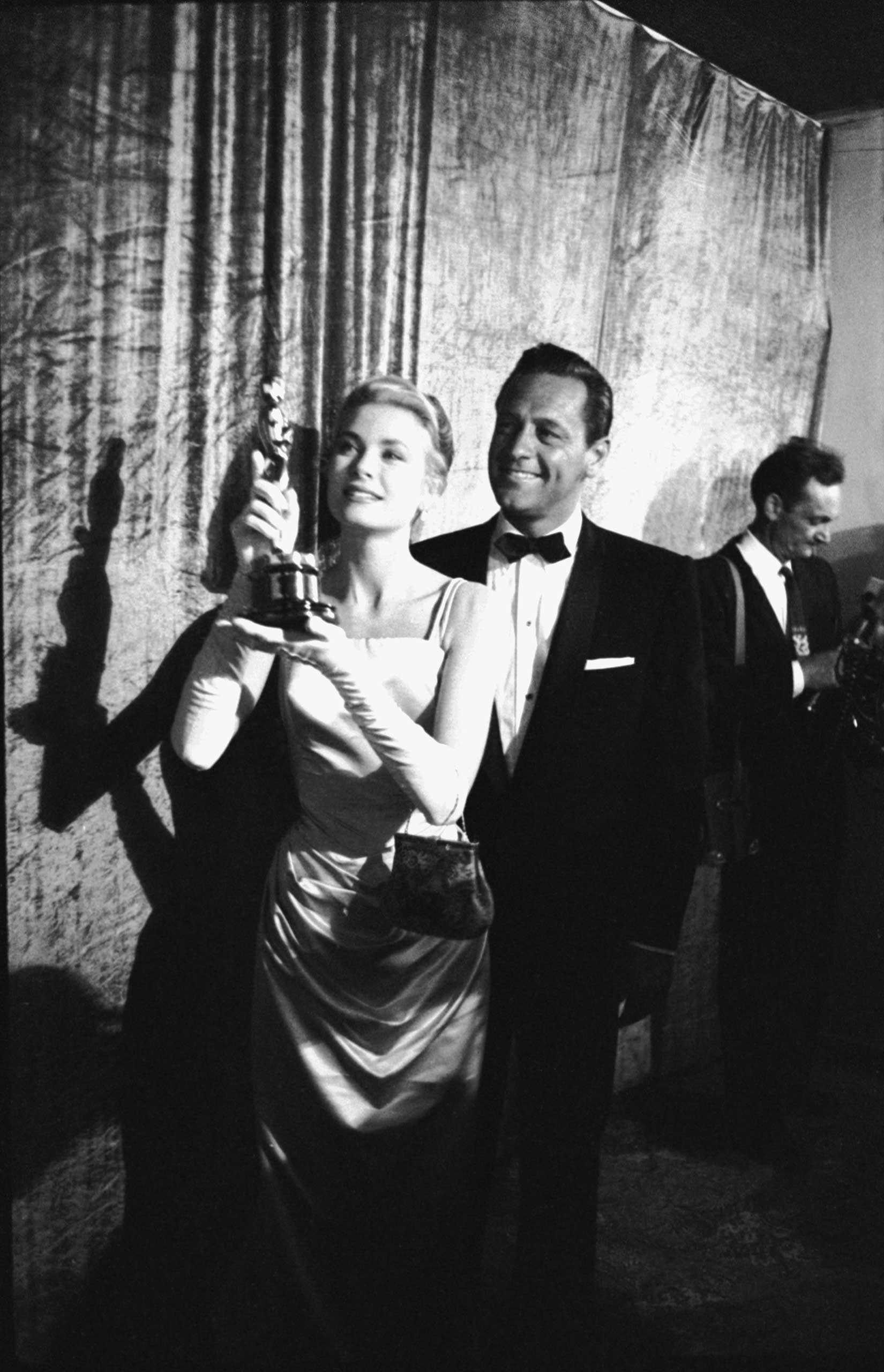
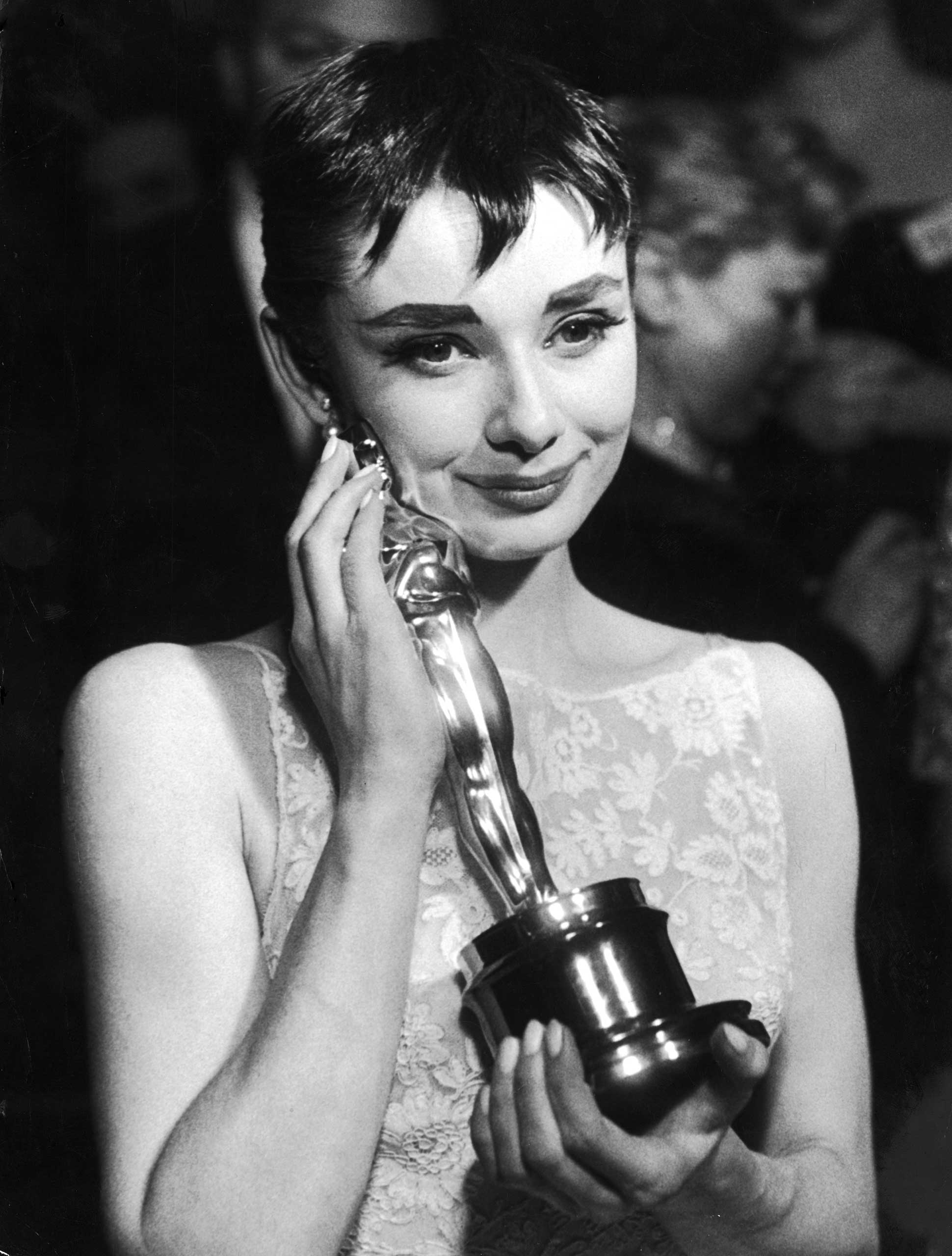
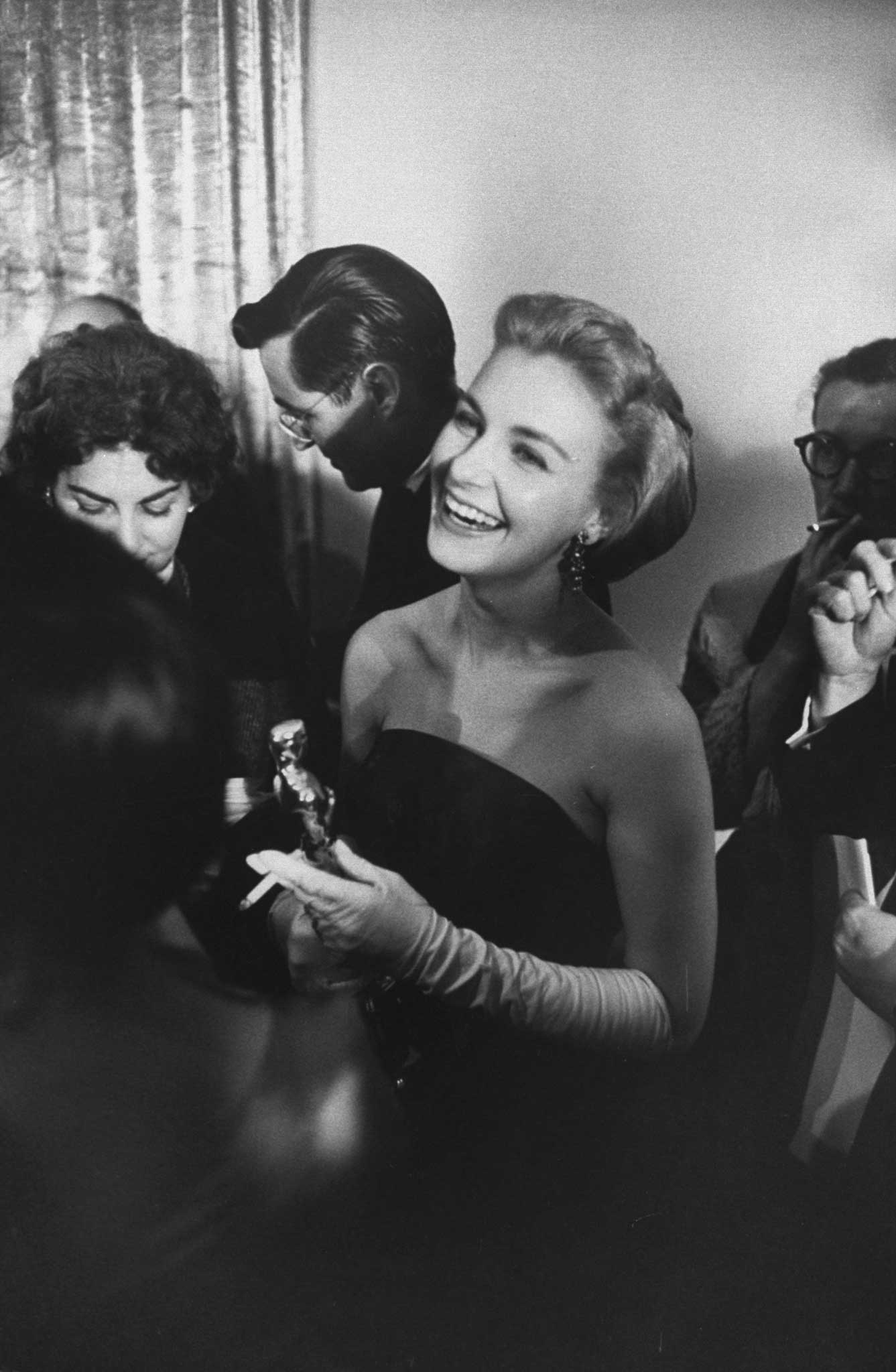
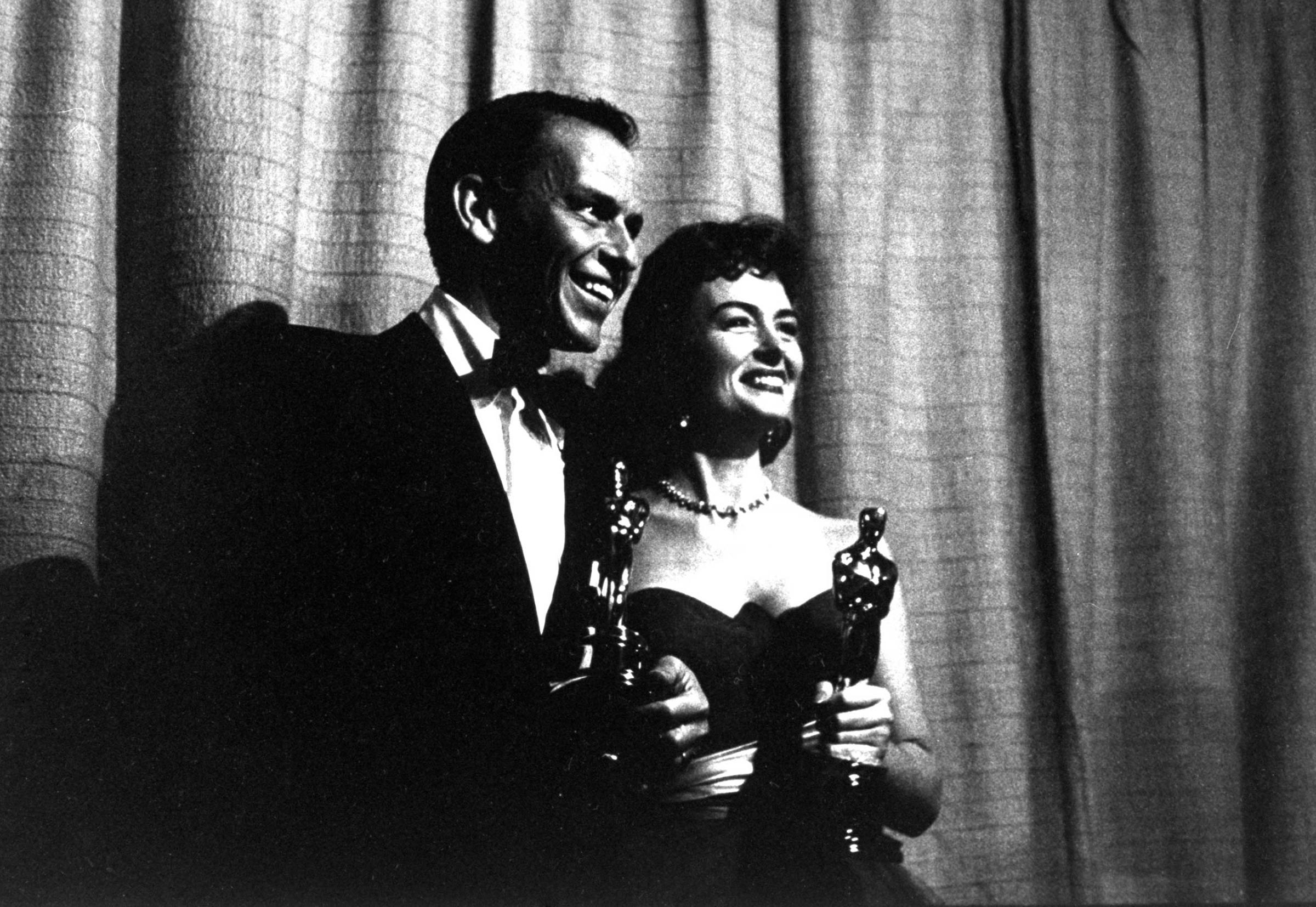
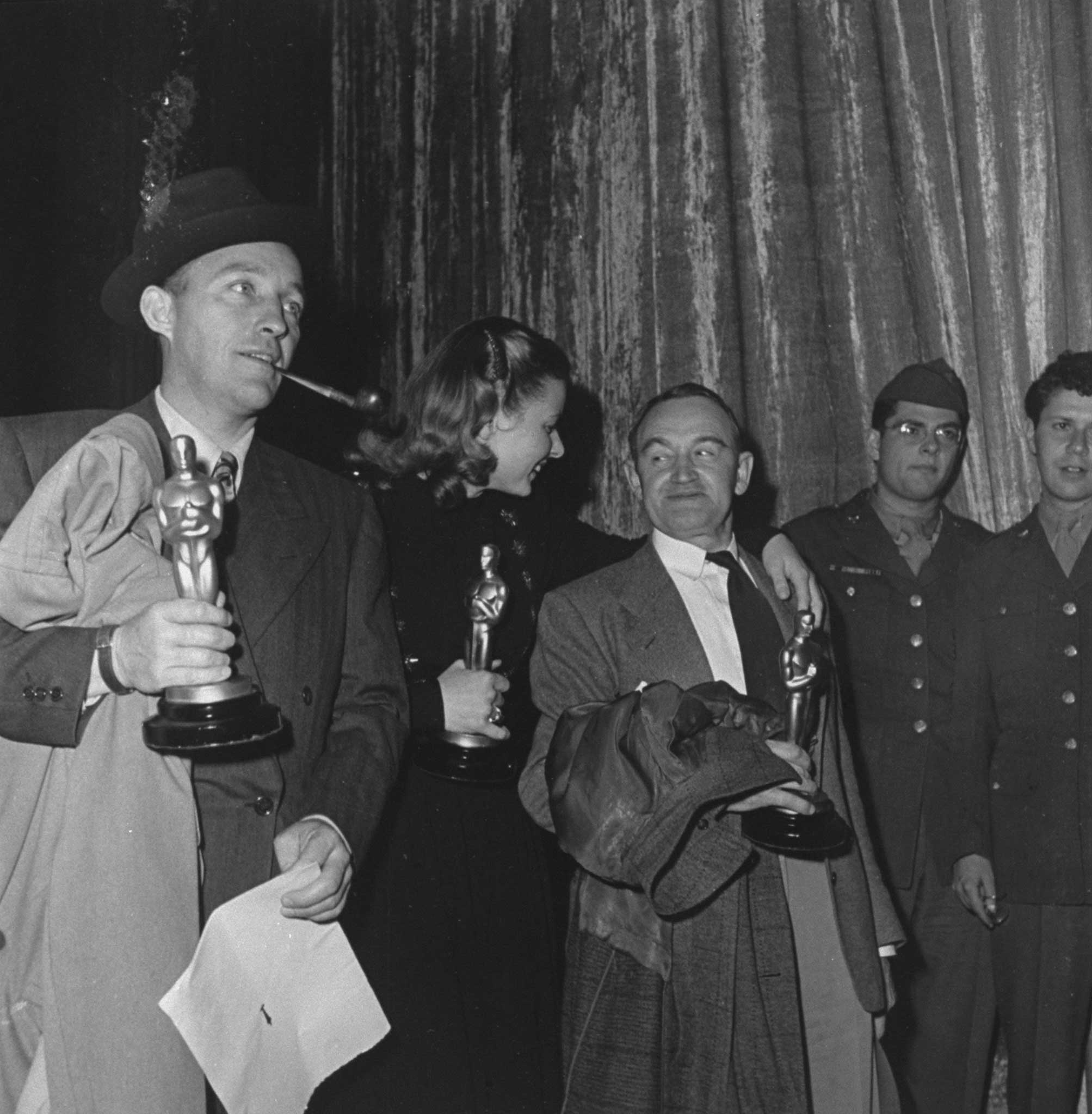
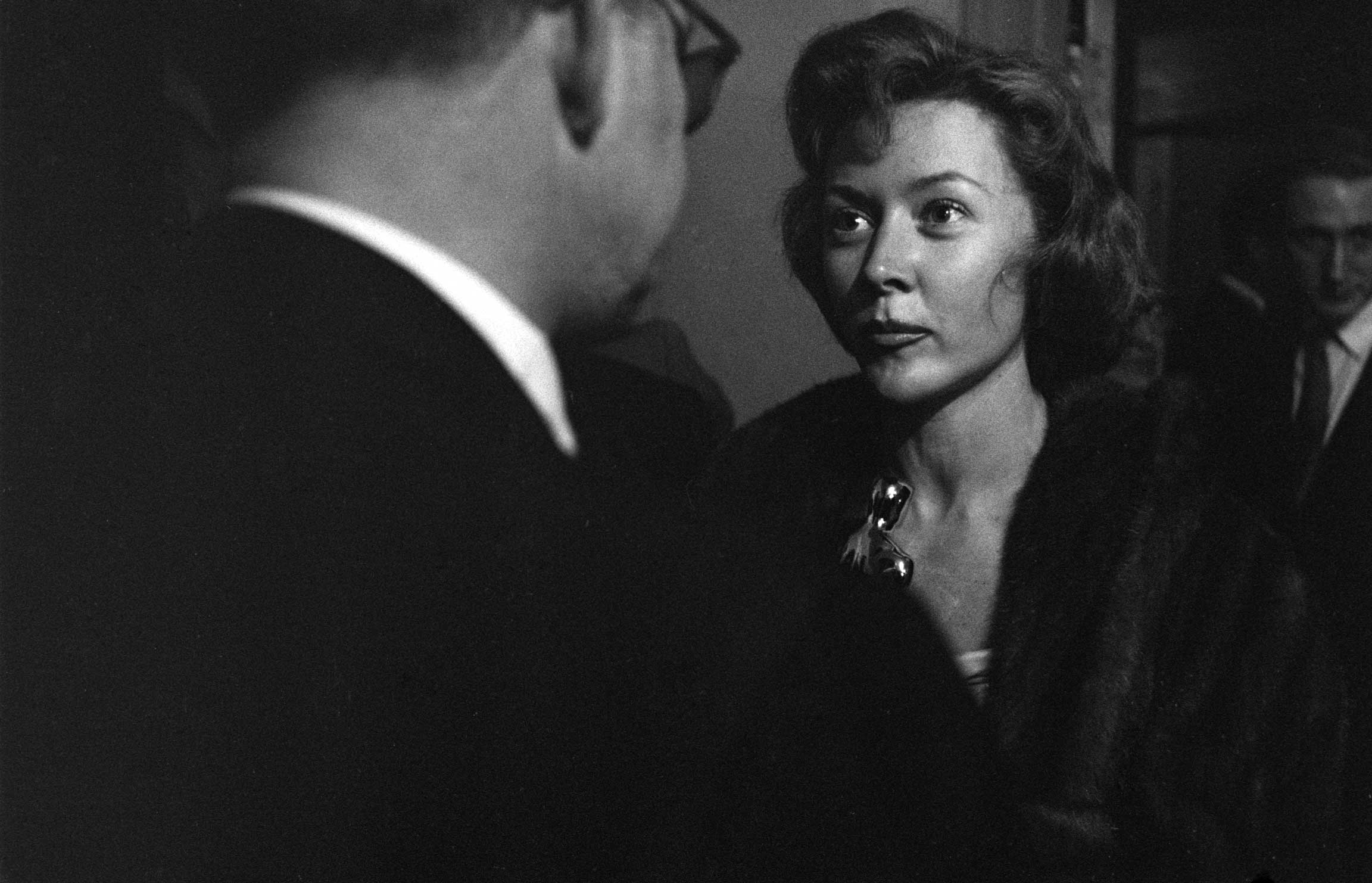
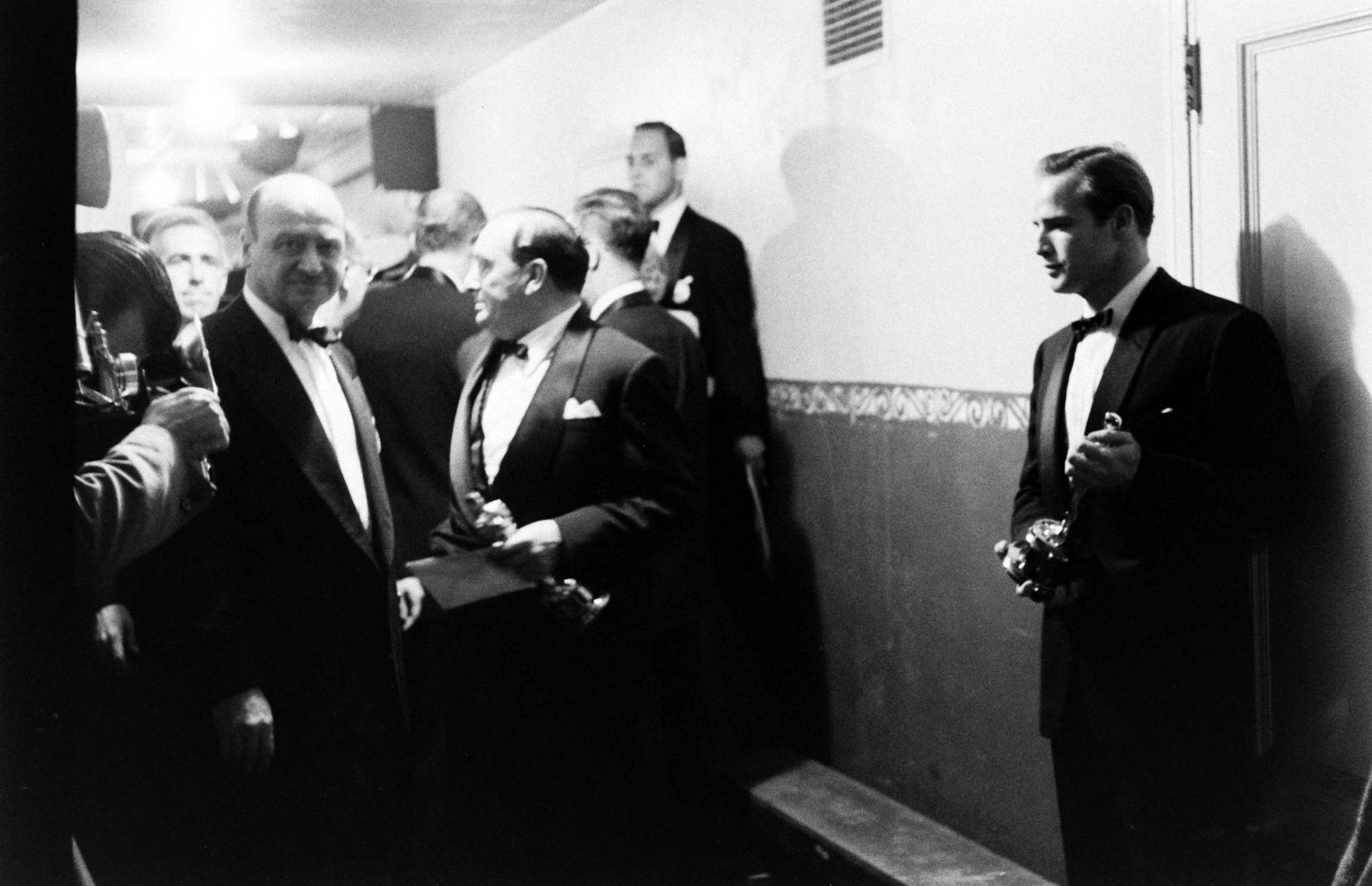
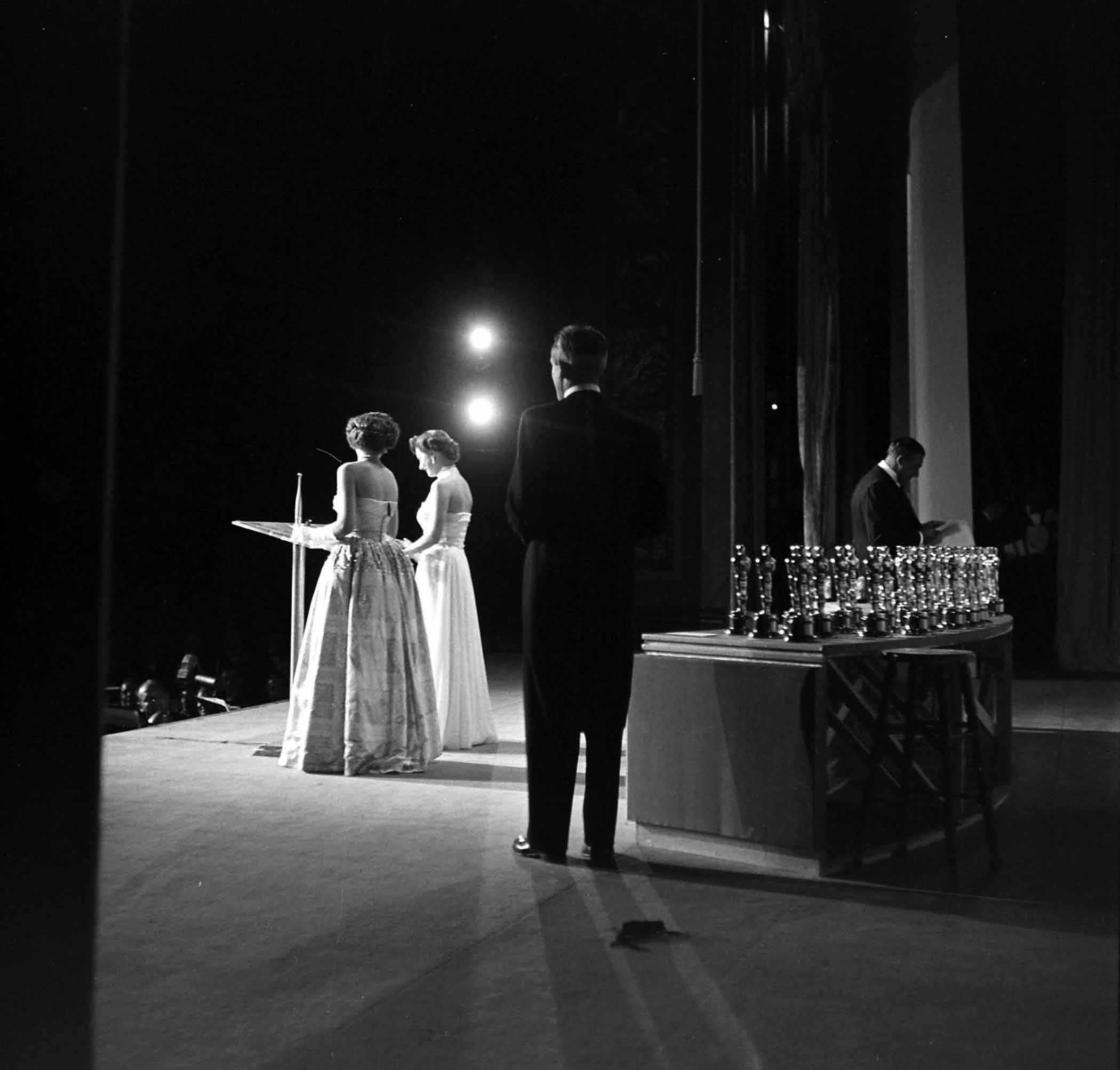
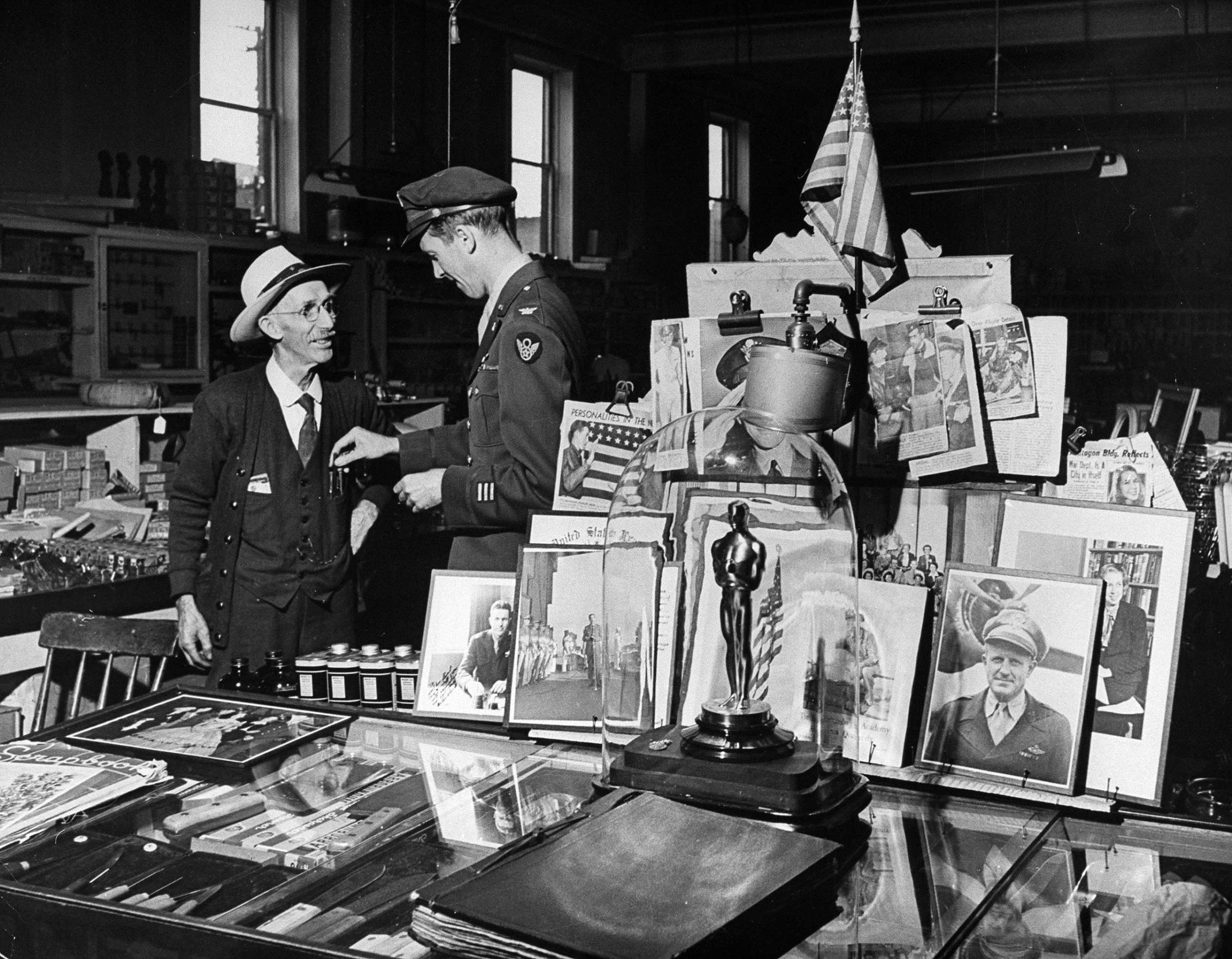
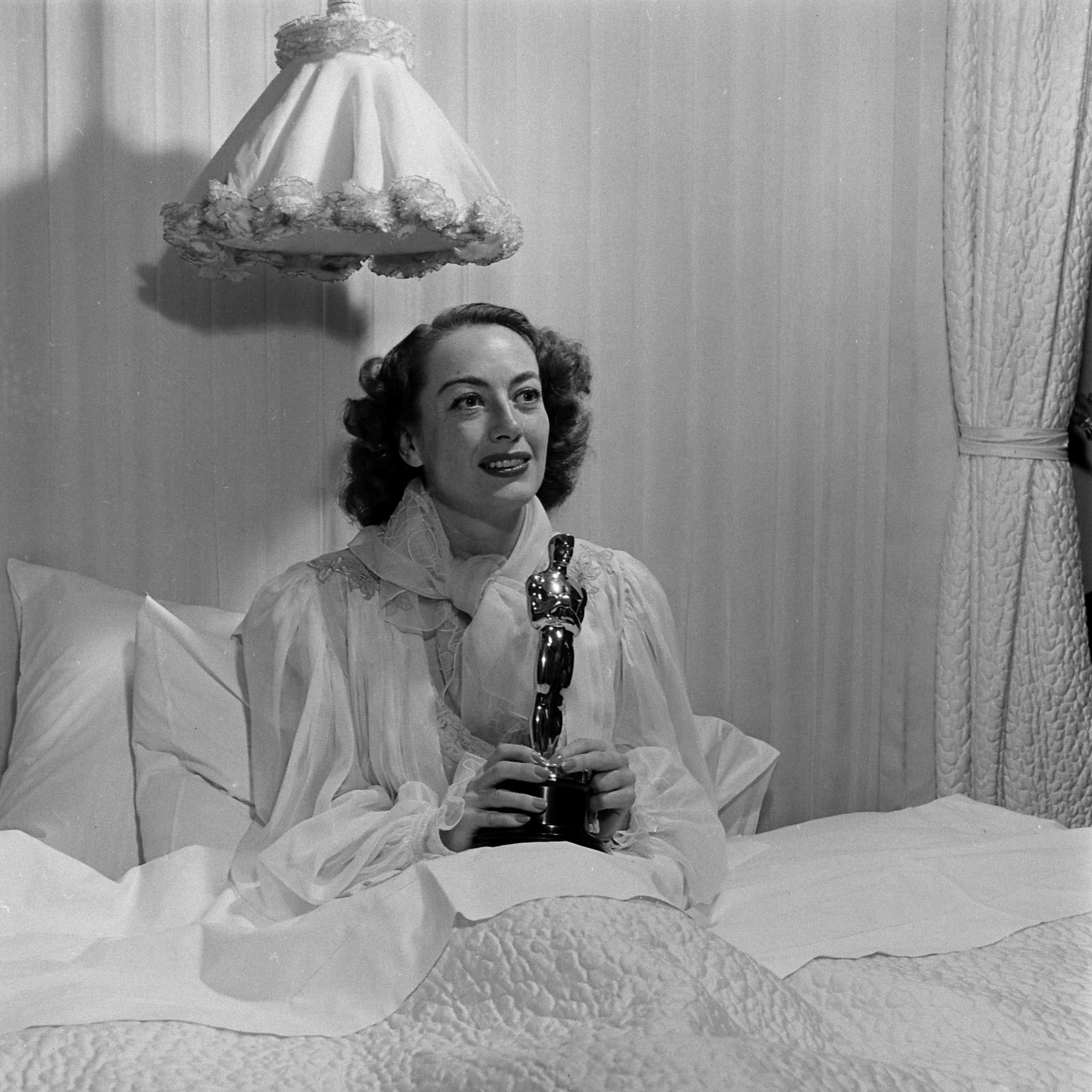
More Must-Reads From TIME
- The 100 Most Influential People of 2024
- The Revolution of Yulia Navalnaya
- 6 Compliments That Land Every Time
- What's the Deal With the Bitcoin Halving?
- If You're Dating Right Now , You're Brave: Column
- The AI That Could Heal a Divided Internet
- Fallout Is a Brilliant Model for the Future of Video Game Adaptations
- Want Weekly Recs on What to Watch, Read, and More? Sign Up for Worth Your Time
Write to Eliana Dockterman at eliana.dockterman@time.com